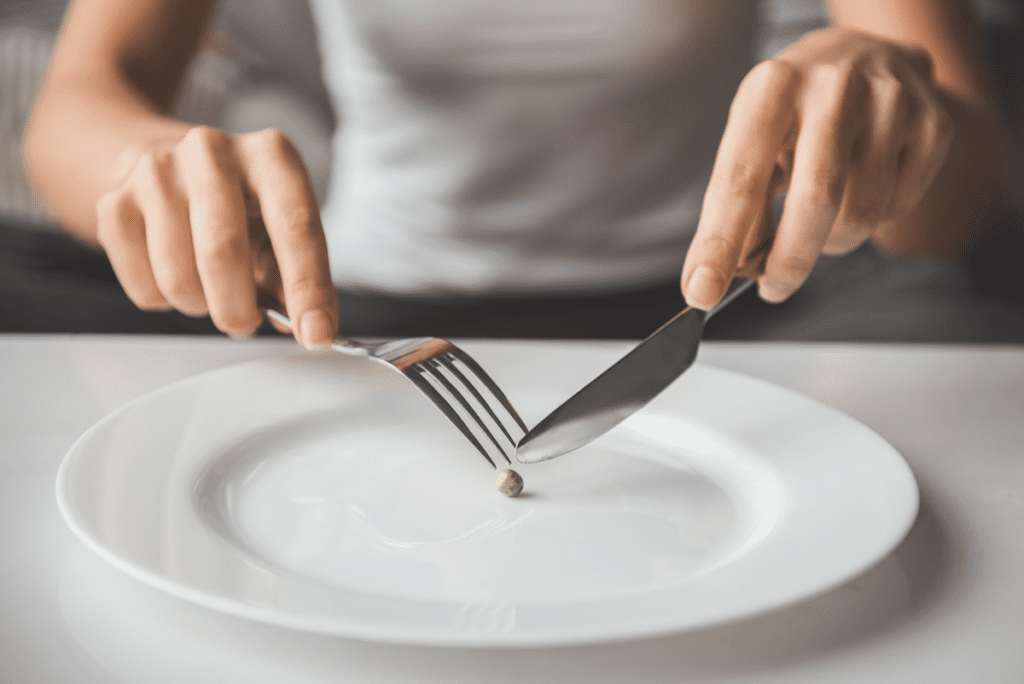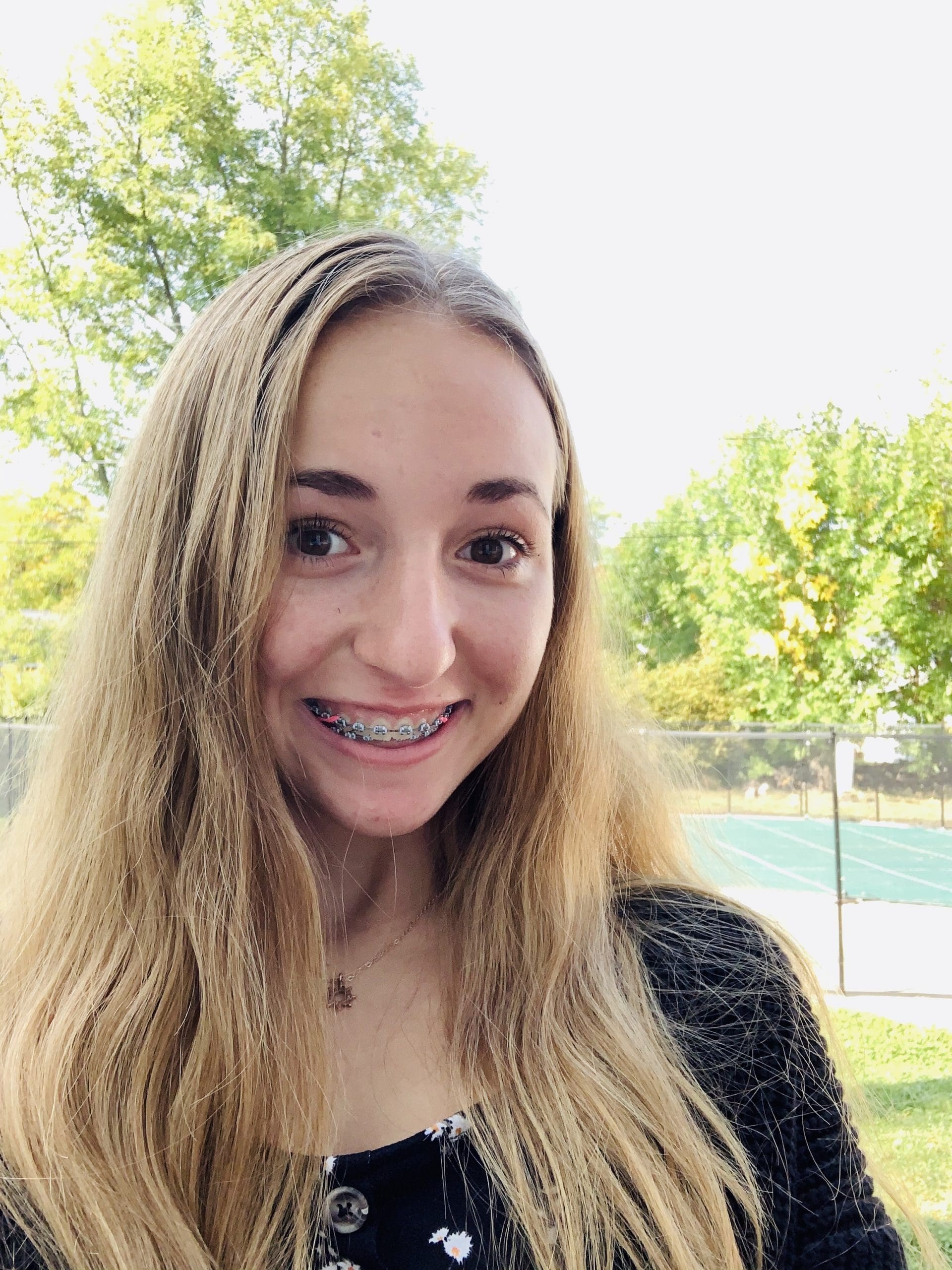
Eating Disorders: The Silent, Deadly Disorder
Read about eating disorders and the silent, but deadly effects it has on humans.
Eating disorders are a silent, but deadly disorder. They are the second deadliest mental illnesses, first being overdose. 26% of people with eating disorders will commit suicide because it’s too much to handle.
Do you want to know how much society cares about teens suffering? The average amount spent on eating disorder research per affected individual is $0.93. 93 CENTS! For reference, $44 per affected individual is spent on autism research. Schizophrenia research spends $81 per affected individual. Lastly, $88 is spent on Alzheimer’s disease research per affected individual. Why are eating disorders not cared about?
It’s such a silent disorder. No one knows you’re going through it, except you. I’ve seen first hand what it can do to a person. Without the right kind of treatment, you will die. Not from suicide, but from a lack of nutrients in your body, starvation, or overeating.
Only 1 in 10 people suffering from an eating disorder get treatment. What makes that one person so lucky? So much better than the others?
About 80% of the girls/women who have accessed care for their eating disorders do not get the intensity of treatment they need to stay in recovery – they are often sent home weeks earlier than the recommended stay, or the amount of time they needed. So even if you go into treatment, you’re sent back due to your eating disorder faking it’s way out, insurance not covering it anymore, or your therapists telling you you’re cured when you’re not.
Treatment of an eating disorder in the US ranges anywhere from $500 to $2,000 per day. The average cost for a month of inpatient treatment is $30,000. It is estimated that individuals with eating disorders need anywhere from three to six months of inpatient care.
Health insurance companies for several reasons do not typically cover the cost of treating eating disorders, and if they do, they cover it after your deductible is met. The cost of outpatient treatment, including therapy and medical monitoring, can extend to $100,000 or more. This shows how not only expensive treatment is, but how intense this disorder is. We have to do whatever we can to help out kids, teens and adults suffering. They do not deserve to suffer alone, and definitely not with any help.
Even if you could afford residential or inpatient treatment, most centers are hours away. So far away from family and friends. Not only would you be hospitalized, but you wouldn’t be able to have family visits as much as you and they would like. So, I am very excited to share a new residential center for eating disorders nearby in Rochester NY. I will share a little bit about them, who they treat, and how you can help!
They have a partial hospitalization program (PHP), which is seven hours a day Monday through Friday. This will give the patient intensive care including:
- Individual therapy
- Group therapy (art/movement/dance therapy)
- Nutritional assessment
- Counseling
- Meal planning – structured, supervised mealtimes – lunch, afternoon snack, and dinner
- Family work (individual, parenting group, and multifamily therapy group)
- Psychopharmacological evaluation and medication monitoring
- Access to recovered peers and family members who participate in various program groups
- Case management
They also have an intensive outpatient program (IOP) that is the same as PHP, just not as intensive. It’s three hours a day, three times a week. Consists of the same therapy, and you have one meal together with a therapist. They also have an outpatient program with multiple clinical therapists who are there to help you from 8am to 8pm if the programs they offer aren’t in your interests, or you don’t think you need that intensive work yet.
“As a patient at The Healing Connection, you and your family become part of a welcoming and supportive community. You’ll work closely with our caring professional staff, and connect with other patients and their families who share the same struggles. You’ll never feel alone on your journey to recovery.” -The Healing Connection.
They treat kids, teens and adults ages from 12 up to adults in 30s, 40s or 50s. They treat participants with anorexia nervosa, bulimia nervosa, binge eating disorder, and other specified eating or feeding disorders.
Contact the The Healing Connection intake coordinator at 585-641-0281 to learn more about their treatment services or to request a free initial phone screening if this interests you.
If you, or someone is in need, please don’t hesitate to call. You can save your life, or someone else’s.
Reach out using the resources below:
Crisis Services: 1-800-273-8255.
Kids Suicide Hotline (12-18): 716-834-3131
Text HOME to 741-741

Lexi is a senior at Sweet Home High School and previously wrote for the Panther Press where she was the editor for the News section for two years. Lexi is now the Opinion section editor of The Panther Eye. She plays volleyball for the Varsity team at Sweet Home.

